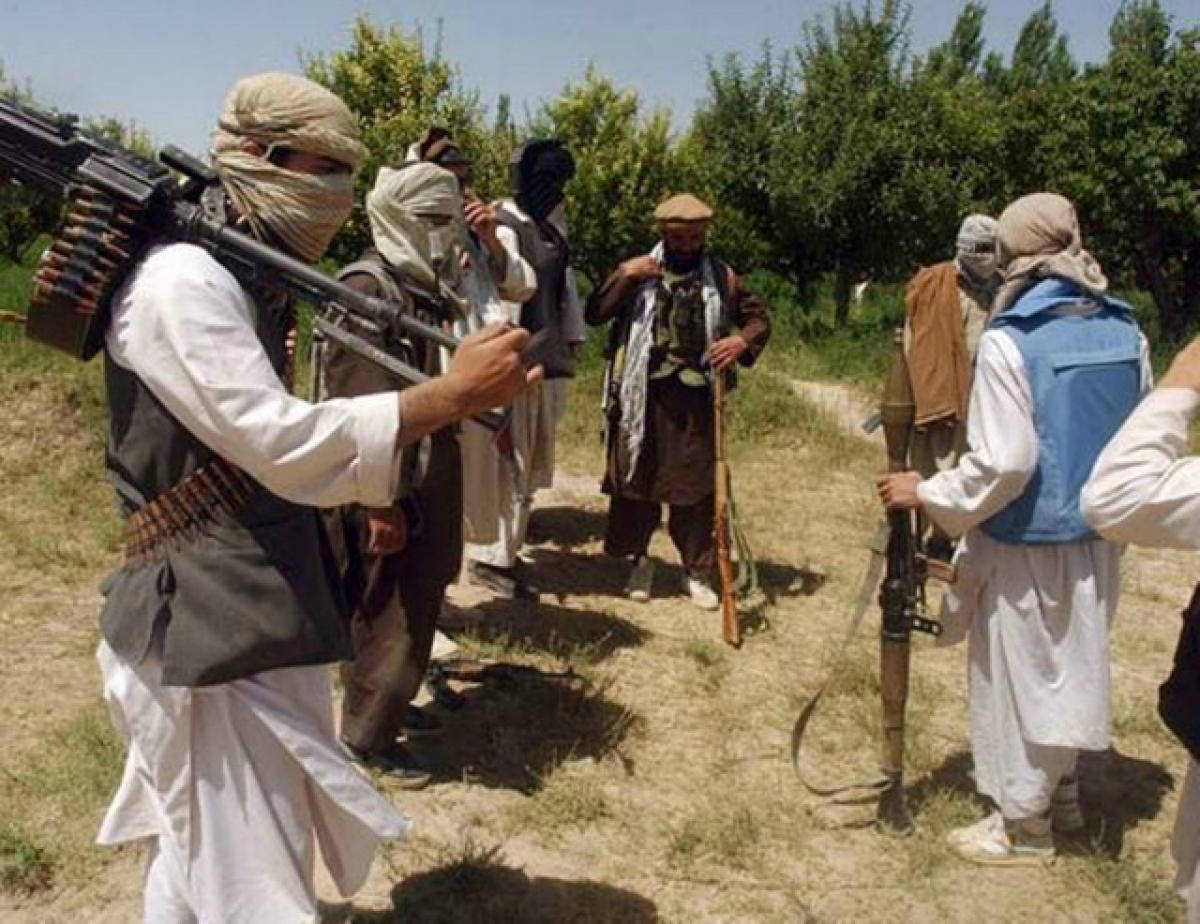Just In

Draconian clampdown on Islamic practices. Authorities in Central Asia\'s former Soviet \"stans\" are taking draconian measures to stamp out militant Islam, but their harsh methods and the absence of democratic politics risk provoking a backlash that could bring even greater instability.
OSH (Kyrgyzstan): Authorities in Central Asia's former Soviet "stans" are taking draconian measures to stamp out militant Islam, but their harsh methods and the absence of democratic politics risk provoking a backlash that could bring even greater instability.

Uzbekistan has banned beards, outlawed Islamic dress, shut restaurants that refuse to sell alcohol and warned teahouses not to celebrate the nightly end of the Ramadan fast with "Iftar" meals. In Kyrgyzstan, where the authorities vet preachers to ensure mosque sermons do not stir up unrest, there have been shootouts between the secret police and militants.
In Tajikistan, the feared commander of an elite police force declared himself a member of Islamic State this year. Colonel Gulmurod Khalimov appeared in a YouTube video clad in black and carrying a sniper rifle, called the government "dogs" and vowed to bring jihad to Russia and theUnited States.
The International Crisis Group think tank estimates 4,000 people from the region have joined or assisted Islamic State fighters who have seized swathes of Syria and Iraq. Central Asia emerged from the collapse of the Soviet Union with its endless steppes, blinding deserts, towering mountains and gleaming mediaeval mosques divvied up into five republics.
Their people are mostly among the world's poorest and their post-Soviet histories have been marked by ethnic and religious violence and political repression. Uzbekistan and Turkmenistanare two of the most closed and authoritarian societies in the world; Tajikistan spent the 1990s fighting civil war against Islamists, and Kyrgyzstan has seen two revolutions and ethnic unrest.
Of the five, only Kazakhstan, with major international investment in oil and gas, has emerged stable and prosperous, and it too brooks no democratic opposition. One-time provincial Soviet Communist boss Nursultan Nazarbayev, in power since 1989, was re-elected president with nearly 98 percent of the vote this year.
Around half the region's people live in Uzbekistan, a country of irrigated desert cotton farms and scattered Silk Road cities, which restricts travel by its citizens abroad. It has had limited interaction with the outside world since its police opened fire on a crowd of protesters a decade ago, when most Western countries cut back relations with ruler Islam Karimov.
Karimov has long presented himself as a bulwark against Islamist radicals and has been leading a secularising campaign in recent years, banning traditional headscarves for women and beards and skullcaps for men. But rights groups say his heavy hand has exacerbated the radical Islamist threat by treating all dissent alike, pushing mainstream opponents underground and into the arms of radicals.
Next door is arguably the region's most open country, Kyrgyzstan, where public revolts unseated unpopular presidents in 2005 and 2010, and executive power is now shared between an elected president and a prime minister named by parliament. But it too has seen a clampdown on unauthorised preaching.
To the south in Tajikistan, former Soviet Communist Party apparatchik Emomali Rakhmon allied himself firmly with Russia to defeat Islamist militants in a civil war in the 1990s. Midway through his third decade in power, he now enjoys the lavish personality cult typical of the region.
He is met by jubilant crowds on his travels across one of the world's poorest countries, his way at times strewn with rose petals. Choirs perform songs likening him to the Prophet Mohammad, unnerving some local Muslims. But the apparent defection this year of his elite police chief to Islamic State proved that all is not as stable as it appears.
By Dmitry Solovyov

© 2024 Hyderabad Media House Limited/The Hans India. All rights reserved. Powered by hocalwire.com







